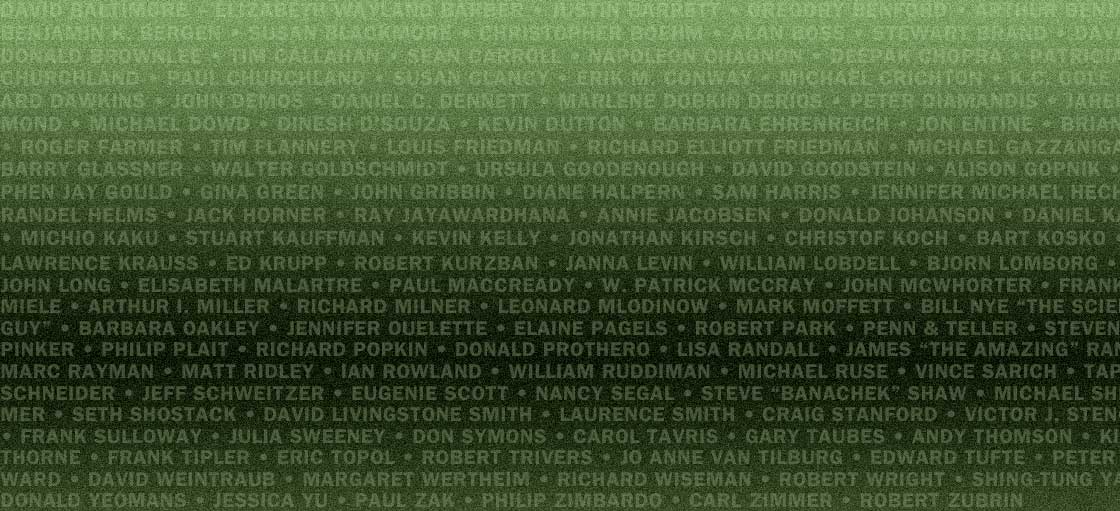How do we as individuals respond when precipitated into a crisis by the break-up of a relationship, a job loss or setback, or just growing dissatisfaction with ourselves? Experience shows that we can tolerate putting our failed old ways up for grabs for about six weeks, within which time we either work out new coping skills or else revert to our old ways. Similar issues arise on a slower time scale for societies or groups responding to a crisis. Meiji Japan, the modern Navajo, and post-World-War-2 western Europe did set about to recast themselves, while the Greenland Norse didn’t, and it remains to be seen if the U.S. of today will. What can we learn from individuals and societies that did embrace new values?
Dr. Diamond is a professor of geography at UCLA and the author of The Third Chimpanzee, Why Sex is Fun, and Guns, Germs, and Steel, which won the Pulitzer Prize and was made into a National Geographic documentary. His latest book is Collapse: How Societies Choose to Fail or Succeed, which was a New York Times bestseller.











